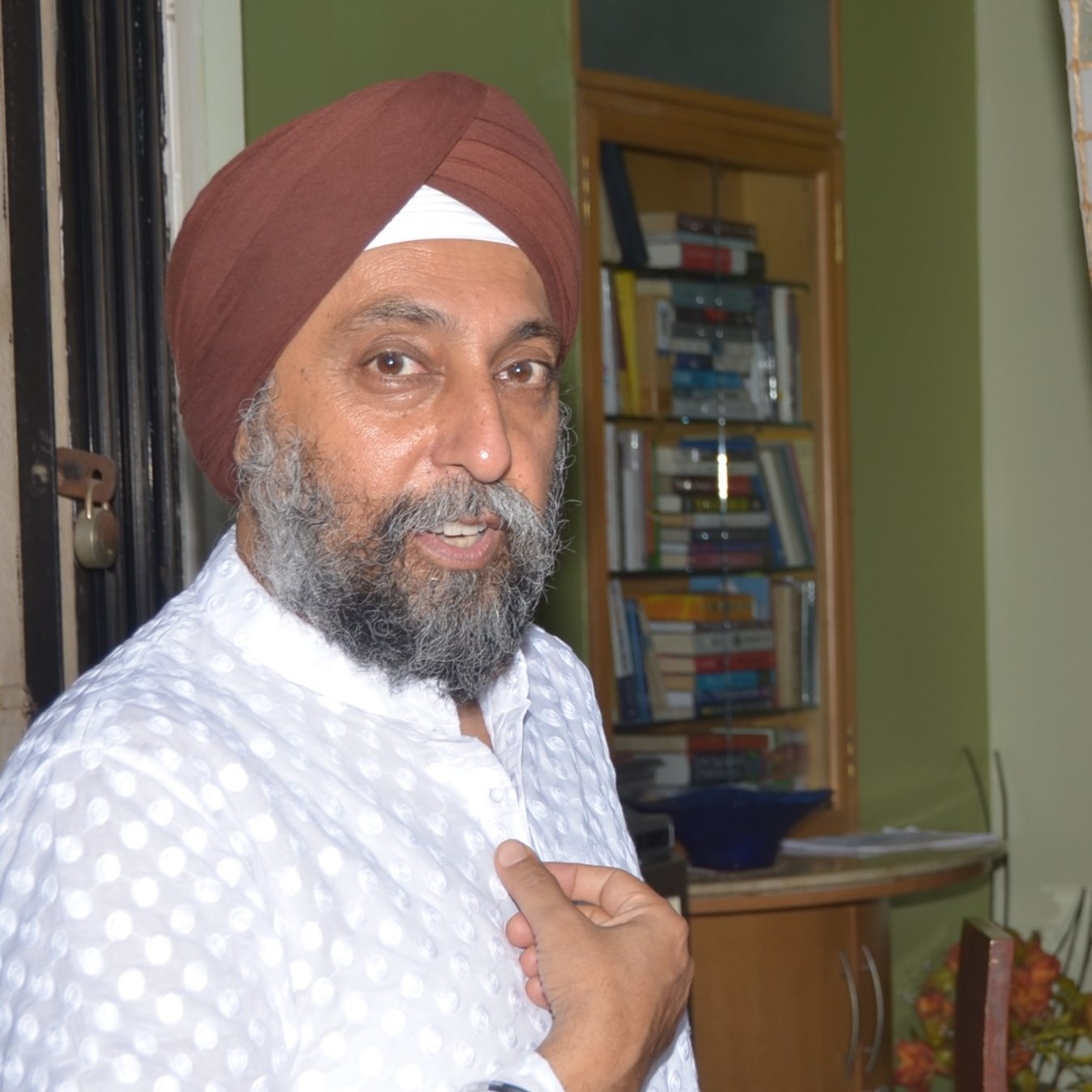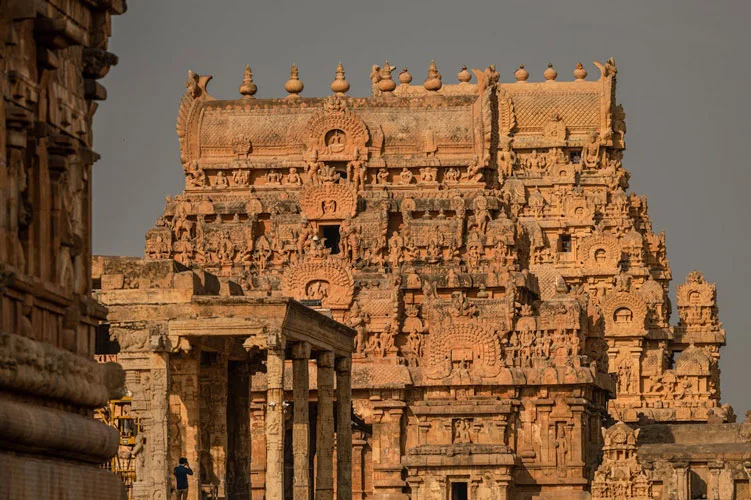
One often wonders, ‘Having just emerged victorious and more powerful after World War, why did the British leave, the jewel of the crown of the British Empire, India?
Who in their right mind, would willingly give up a constant source of treasures and great wealth?
Why did Britain insist on trisecting India into 3 major parts and further dividing rest of India into 623 independent kingdoms with their own rulers, before withdrawing from India in 1947?
Why did Mountbatten fail to deliver on his promise to ensure law and order during the partition?
It seems evident, that the wily British had deliberately created a mess. They had the mischievous intent, to create enough long lasting problems in the Indian sub-continent to pave the way for Britain’s return to rule and dominate India once again sometime in the future.
Many people like to believe our independence is mainly because of the duo of Gandhi ji and Nehru using non violence that got India her freedom. These people completely ignore the blood, sweat and tears contributed by countless Indians and even some Britishers and foreigners. Freda Bedi for example.
These facts are confirmed by none other than Dr. BR Ambedekar during his interview by BBC in 1955.
Bose a student of history, an intelligent man and a patriot, had pointed out that no individual or region in history had ever got their freedom by appealing to the moral sense of the people oppressing them.
Bose believed that Britain would leave India only under duress. The best way in Bose’s opinion was to use fear of violent consequences to achieve freedom.
Bose was right, but his views and independent way of thinking earned the wrath of Gandhi, who had Bose ousted in a disgraceful manner from the post of Congress Party President (1938 and 1939).
Is it not true that, once a legacy of exploitation is established, as were the British in India, there are too many stakeholders and vested interests to permit any leadership to take a moral or rational decision?
Bose knew that under prewar circumstances, no ragtag army of Indian patriots could ever hope to defeat the powerful, resourceful and cunning British. He would have to bide his time.
World War II created the opportunity Bose had been waiting for. He formed the [Indian National Army INA to fight for India’s freedom.
During the course of the war, Bose was betrayed, captured and killed in Russia. (Indian government is seeking access to records from Russia to learn who it was that betrayed Bose.)
The INA was physically decimated but not before the inextinguishable flame of liberty had been lit in the hearts and minds of millions of courageous Indians. One can destroy an army but its impossible to extinguish the passion in a people, once it is aroused.
Though it appears the INA had failed in winning the war, it had won the hearts and minds of many of the 2.5 million battled hardened Indian war veterans of World War II. The men and women of the INA and Bose’s sacrifice converted sparks into a raging fire that begun to engulf British India.
Indian soldiers supported by many in the police began to rebel violently. Mutinies became common, but the news was censored by the British. However in Feb 1946, very visible mutinies broke out at many army bases across India and the high profile naval base in Mumbai.
The British realised that the sleepy and submissive Indian giant and her people had awakened from their stupor. The days of Indians remaining passive, timid and submissive were over.
The 40,000 war weary British soldiers in India would now have to fight hard to defend their morally indefensible, autocratic rule of India.
If the British persisted there would be a bloodbath in which Britain would certainly lose heavily. This would lead to devastating consequences and destroy the entire empire.
The British government wisely ordered a speedy withdrawal from India. This is how it was explained by the former British Prime Minister Clement Attlee to Governor of West Bengal Justice PB Chakraborthy, when he visited Kolkata in 1956.
The only way to avoid being conquered or enslaved is to always be well prepared and possess the willingness to oppose oppression.
To be unwilling to protect oneself in the face of a threat or assault is not moral courage but irresponsibility, foolishness, stupidity and cowardice.
Unfortunately many people have been misled on the true meaning and spirit of non violence. It has foolishly and erroneously come to mean, ‘to embrace oppression and slavery, to merely surrender one’s mind, body and possessions’.
The philosophy of ‘non violence’, actually means ‘not to intentionally cause harm’. It permits self defence.
On this matter no greater lessons may be there than 550 years of Sikh history. The great 5th Sikh Guru, Guru Arjan Dev ji and 9th Guru, Guru Tegh Bahadur ji, smilingly sacrificed themselves, to demonstrate that even brutal torture cannot enslave or break the resolve of courageous and spiritual men and women. They were martyred by the Moghul rulers, because of the Gurus unflinching commitment to humanity and truth.
The persecutors did not relent, in fact they were further emboldened and continued on their rampage. Thus it was the 6th Guru, Guru Har Gobind ji who took up arms to protect the innocent and stop the violence by being able to defend oneself and all innocents.
It was the 10th Sikh Guru, Guru Gobind Singh ji’s call to arms and his blessings that many Sikhs became the magnificent ‘Khalsa’ a race of fearless, and noble people.
A true Sikh lives according to a very high and noble set of values. Belief in helping all in need, to protect innocents, and never cause harm except in self defence.
That is why the Sikhs stand out so promptly for their courage, compassion service and devotion to a better humanity, free from violence and exploitation.
To remain free with dignity, it is essential to prevent others from causing harm and inflict violence. By making oneself strong physically, emotionally and spiritually is the ultimate act of non violence.








Gandhi and Bose had a deep respect for one another despite their hugely differing ideologies. In 1942 Gandhi called Bose as the “Prince among the Patriots whose patriotism is second to none…His bravery shines through all his action.” And Bose in 1944 was the first Indian to call Gandhi as “The Father of Our Nation” in radio broadcast from Rangoon.